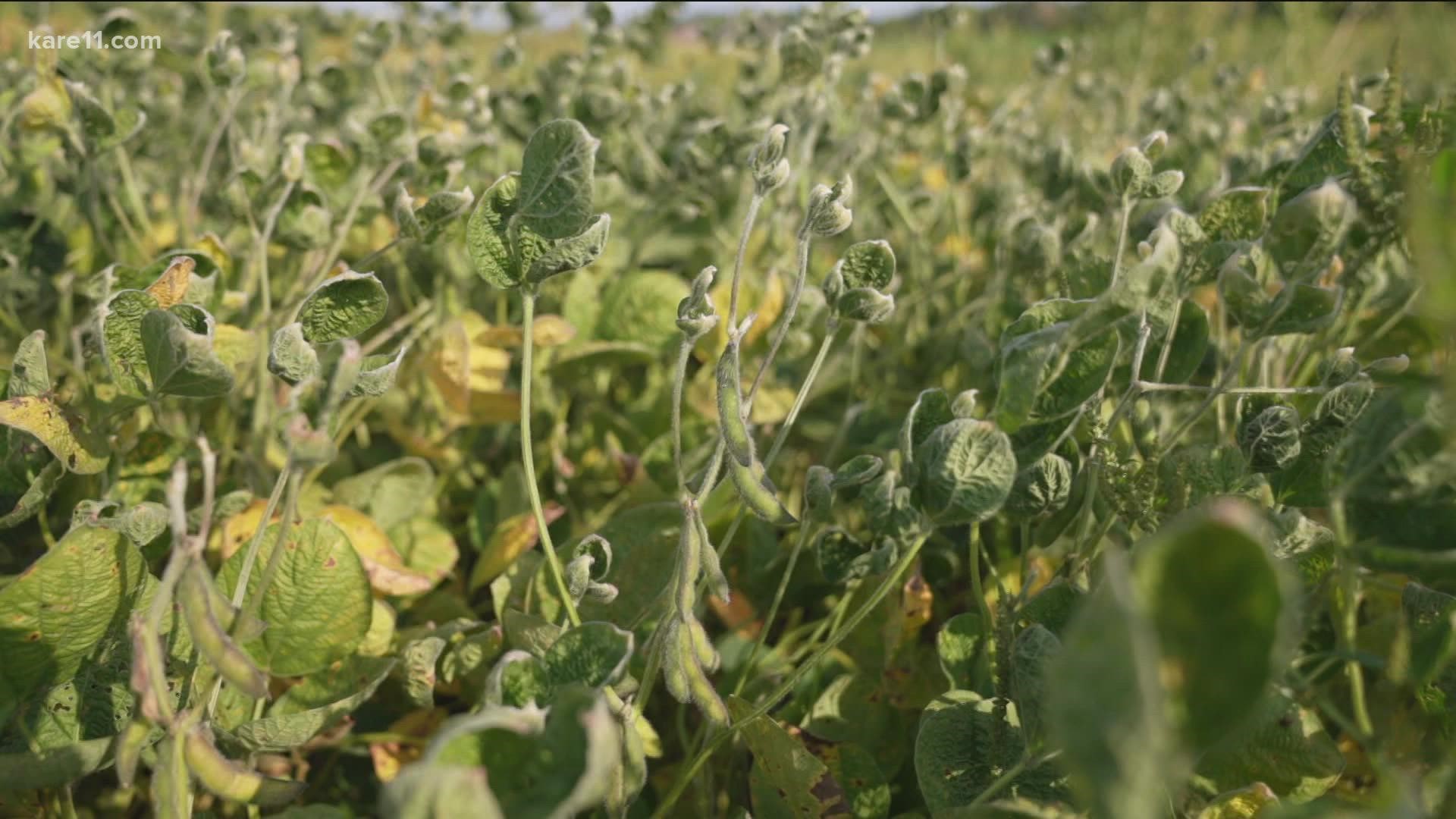MINNEAPOLIS — Editor's note: The attached video originally aired on Sept. 9, 2021
This summer's hot weather and lack of rainfall took a toll on two of the state's critical natural resources, water and trees, and a new proposal hopes to protect and restore them both.
The Minnesota Department of Natural Resources announced a $13.3 million proposal Wednesday that would allocate money to conserve water, re-plant public forests that lost seedlings to the drought and protect the healthy shade trees already living in our state's forests.
Municipal, tribal and other community water suppliers would receive $3 million to implement water conservation methods like building new infrastructure, repairing leaky pipes, meters, hydrants and treatment plants, and installing new equipment that uses water more efficiently.
The DNR is confident these measures will help cities conserve millions of gallons of water per year.
A proposed $300,000 would go to an individual and small community well interference fund.
Trees also struggled in the summer's drought, and many seedlings were lost. To offset the damage to young trees, $5.5 million would be spent replanting public and private forest land. An additional $4.5 million would go to community shade tree grants supporting tree health, carbon storage, habitat, water quality and other benefits gained from forests.
“This year’s drought was challenging on many natural resources fronts. While the DNR took necessary steps to mitigate the drought’s impacts, in accordance with the Statewide Drought Plan, more needs to be done,” said DNR Commissioner Sarah Strommen. “This proposal includes high-impact resiliency measures in order to conserve water and preserve our precious tree cover. This funding proposal will help protect the resources we all value and depend on for our quality of life in Minnesota.”
In July of this year, the state was in the drought warning phase. Following that official designation, the Minnesota DNR took measures including convening a drought task force made up of state, federal and local experts to address Minnesota's water needs.

